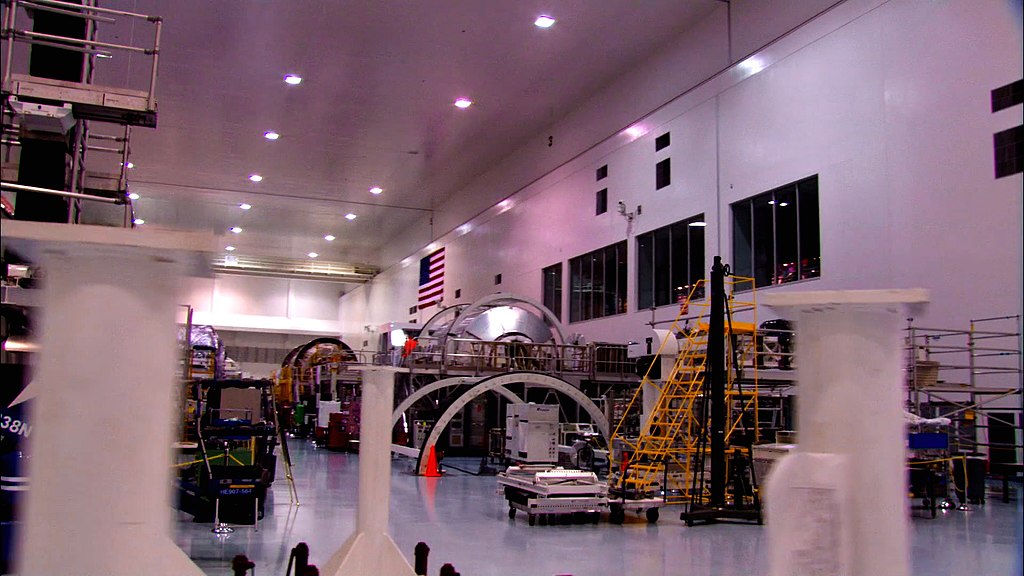Starting a manufacturing business in the United States has traditionally been out of reach for first-time entrepreneurs with small budgets. In most cases, those new to manufacturing required a lot of startup capital to lease space in a manufacturing facility or build one from scratch. Today, however, technologies like 3D printing and CNC milling machines have made it easy for virtually anyone to start a manufacturing business of their own. Although manufacturing is now within reach for business-minded professionals with big dreams, there are still some considerations to keep in mind to get started off on the right foot. Below are some things to think about if you’re planning to start your own manufacturing business from the ground up:
Choose The Right Suppliers
One of the first steps in starting your own manufacturing business is to choose your sourcing partners. These will be the vendors that provide the supplies your business needs to manufacture products. If you’re wondering how to choose a sourcing partner, it’s usually best to start by looking locally. If you can find a local supplier, your manufacturing operation may be able to get supplies faster and at a lower cost.
At the same time, online suppliers may offer a wider variety of supplies, so it’s also worth considering a hybrid approach. If you partner with an online supplier, you may need to plan and have extra reserves if a shipment gets delayed. As was seen during the Covid-19 pandemic, supply chains can be fragile, so it’s best to be prepared so that your manufacturing business can maintain operations if supply shipments are delayed.
Know The Regulations That Govern Your Business
The manufacturing industry provides products to many other sectors, so all manufacturing operations differ when it comes to regulations. The processes and supplies your facility works with may require special handling as per guidance from local, state and federal regulators. Before you begin manufacturing anything, you need to know the regulations for your specific business and the products it produces.
Consider hiring a safety coordinator and a compliance officer to help manage regulation compliance. These team members can oversee the parts of your operation that are regulated, and they can be responsible for ensuring your facility remains within the law. Remember that some manufacturing operations need to be open to random inspections from regulators, and this means that compliance is not a part-time gig.
Hire A Lawyer
The very nature of manufacturing products can mean a lot of liability rests on your company. Workplace injuries, product liability concerns, property damage and more can all become impediments to success if you don’t have a sound legal strategy. Even if you’re overseeing a small operation that uses 3D printing or a similar small-scale manufacturing solution, it’s worth forming a partnership with an attorney. As your business grows and begins to manufacture larger orders, solid legal representation becomes an absolute necessity.
When looking for a lawyer, try to find one specializing in business law; however, some attorneys also specialize in multiple areas. To get the most from your attorney, look for a legal professional who can help in other areas like contracts and business taxes in addition to general business law.
Create A Marketing Plan
There’s no point in starting a manufacturing business if no one knows about it, so create a marketing plan before you begin operations. Manufacturers have the benefit of being able to take advantage of both traditional marketing strategies as well as digital marketing strategies, so use both to your advantage. Your company’s website and social media profiles can provide many ways to engage with potential clients seeking a manufacturing partner, but building a local network and using local marketing can help to establish your business in the community.

